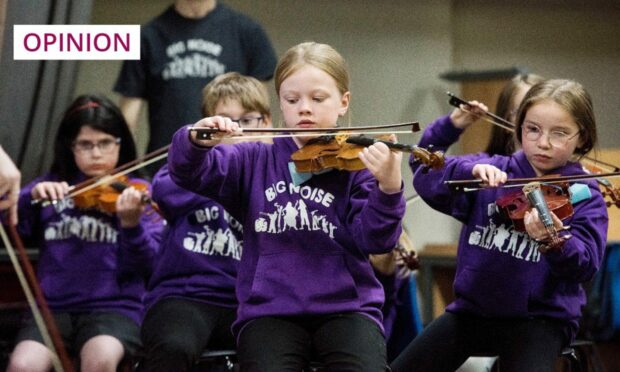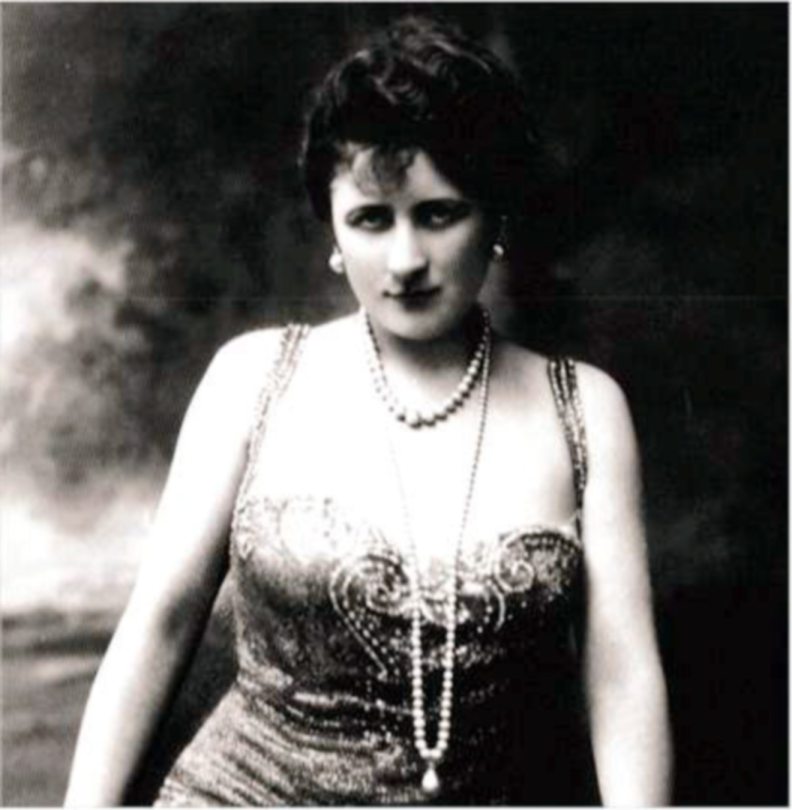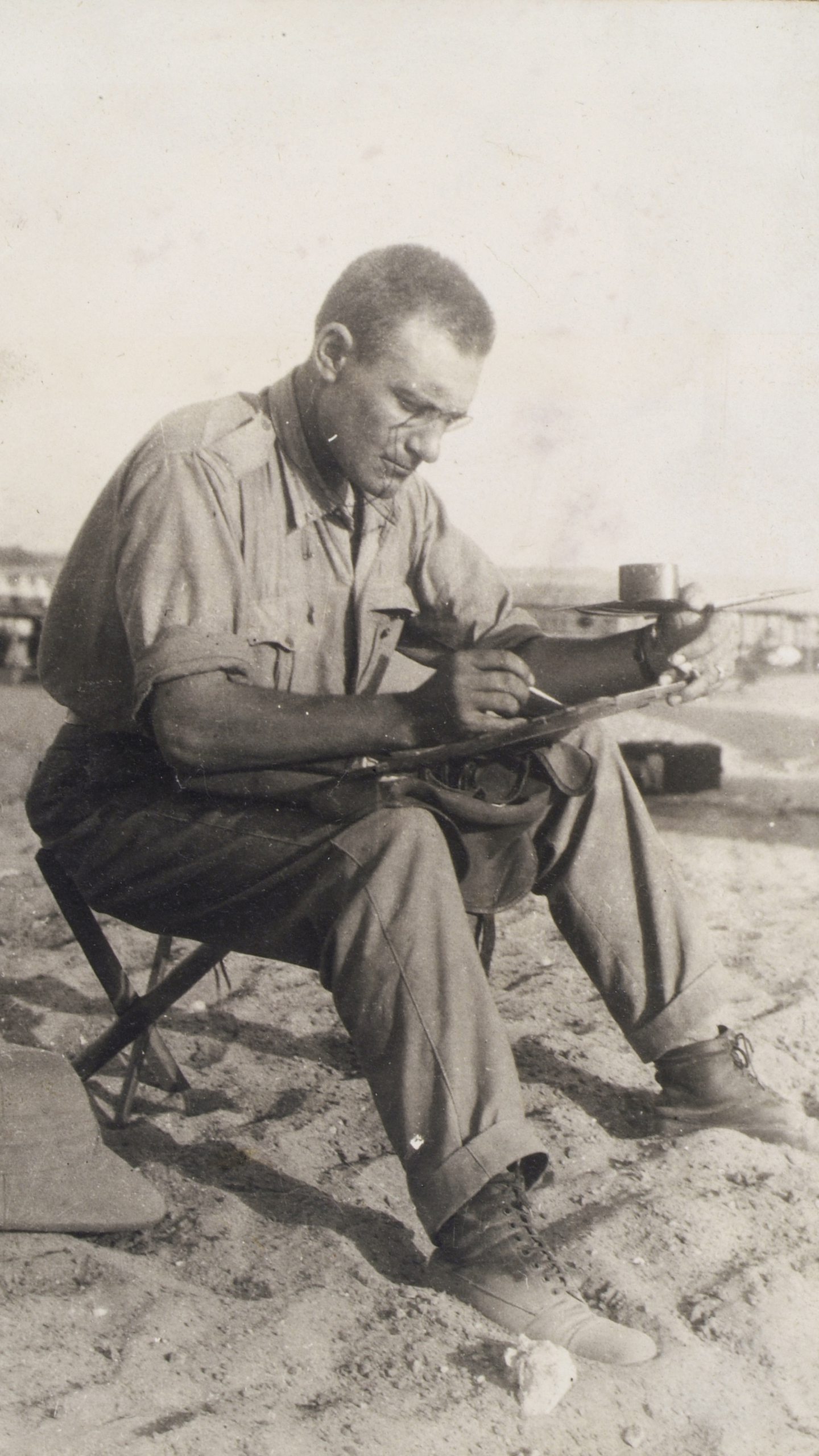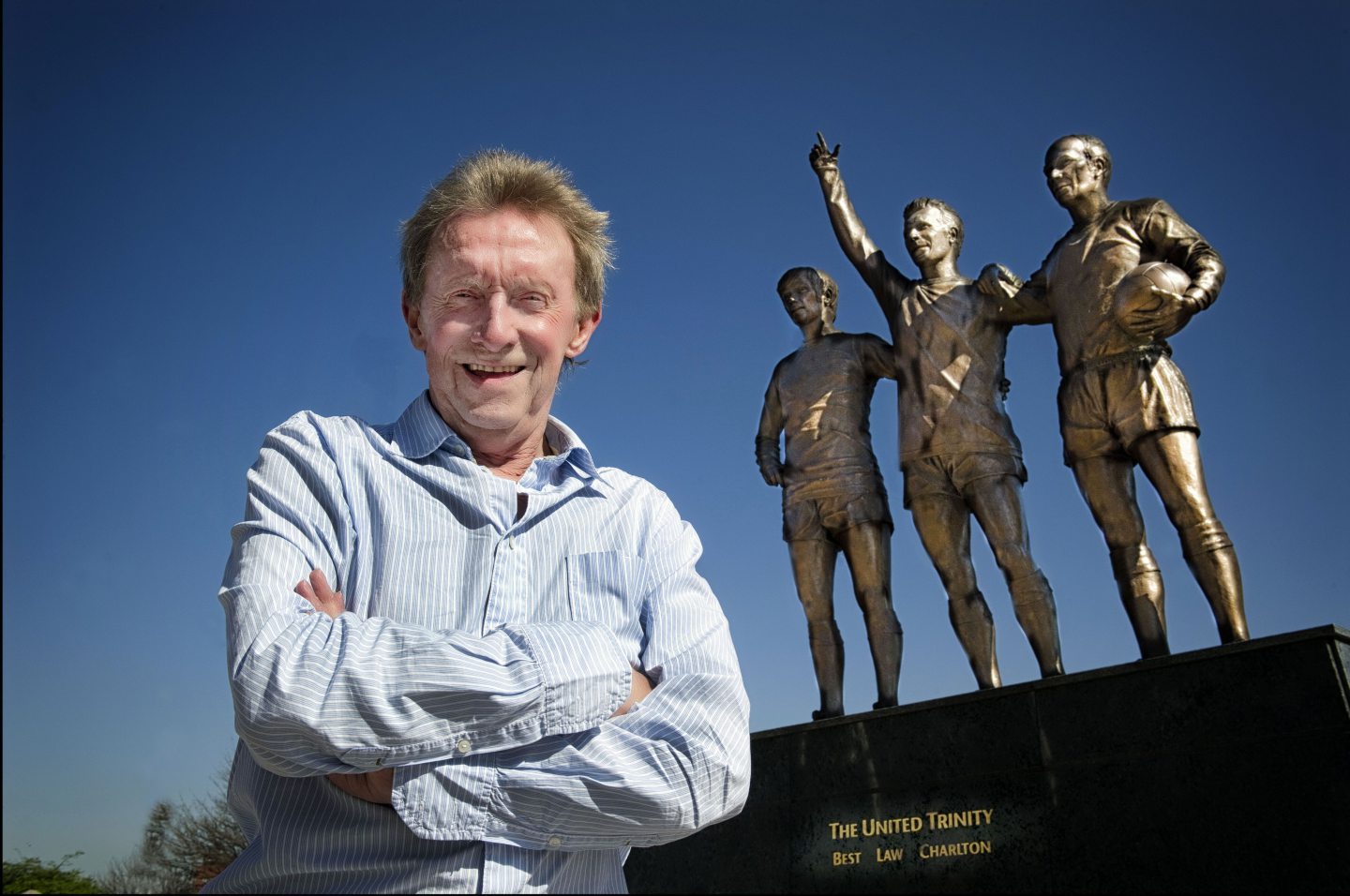It would be a direct attack on young people’s development for governments to reduce or end investment in the arts and sport, writes Len Ironside.
It was great fun seeing the Spectra festival in Aberdeen, lighting up Marischal College, Broad Street, the Art Gallery and Union Terrace Gardens.
So many people flocking to the city, enjoying the atmosphere and taking photos. It’s the kind of thing at which Aberdeen excels.
Spectra was followed by the Granite Noir crime writing festival, which hosted workshops, talks conversations and exhibitions featuring some of the most prolific writer of the day.
Festivals like these really make Aberdeen come alive and give a certain buzz to the city. They brings visitors, and they spend their money here.
We can now look forward to Nuart festival later this year. These events are all at entirely different ends of the scale, but the feel-good factor is constant.

I often feel that the arts, performing arts and, to a lesser degree, sport are not given nearly enough attention as part of our youngsters’ education.
Much encouragement is given when it comes to getting a place at university, offering law, accountancy, teaching, medicine and so on. Or, alternatively, learning a trade, which can be extremely useful following life at school.
But the arts and performance are a source of great learning; young people can develop a sense of self-mastery and, ultimately, bring great enjoyment to millions of people. This also applies in sport.
An athlete and an opera singer
There has always been a wealth of talent in the north and north-east. One of the first sporting superstars was Donald Dinnie, who was born in Balnacraig, near Aboyne, in 1837, and became internationally famous for his all-round athletic ability, based on the Highland games.
He is most famous for carrying two massive stones across the bridge of Potarch – a combined weight of 785 pounds. The feat has never been equalled. He travelled the world, doing strongman shows. Sadly, he died a pauper at the age of 73, in London. A fascinating story to learn about.
At the other end of the spectrum, opera singer Mary Garden – born in Aberdeen in 1874 – studied both violin and piano. But it was in acting and opera where she found international fame. Her parents emigrated to the USA when she was seven years old.
She became internationally famous when, in 1900, she filled in for the regular soprano, who was ill. Her career took off, and she never looked back. Her operatic excellence sold out huge houses in France and the United States.
Mary died at the age of 92 in Inverurie, and is buried in St Nicholas Churchyard in Aberdeen. Mary never forgot the country of her birth.
An artist and a writer
Similarly, James McBey, born in Foveran in 1883, was known internationally. He attended evening classes at Gray’s School of Art and taught himself the art of etching. His etchings, paintings and scenes of the north-east have long been, and still are, recognised worldwide.
Despite poor eyesight, he participated in the First World War, and later painted a famous picture of Lawrence of Arabia – something treasured by Lawrence’s family.
McBey travelled the world practising his art. He died sadly in Tangier, which was a place close to his heart, in 1959.
The writings of Lewis Grassic Gibbon (the pseudonym for James Leslie Mitchell), who introduced the culture of the Mearns to the world via his books, are still widely read and studied as classics. Gibbon died of a perforated gastric ulcer in 1935. Though he died in London, his remains were buried in Arbuthnott.
These historic, internationally famous people have had displays in Aberdeen Art Gallery, and anyone visiting Provost Skene’s House in Marischal Square will be fascinated to learn of the incredible talent which has come out of Aberdeen and the north-east.
Today, yesterday’s local children are stars in their field
We can never underestimate the value of the arts and sport. These worlds provide their participants with discipline, allow them to explore their emotions, and inspire confidence, particularly in young people.
We all enjoy hearing music or a beautiful voice, reading a good book, watching an inspiring movie or stage production – all things which can be attributed to the talent and efforts of youth in the arts and sport.
Today, yesterday’s local children are stars in their field, like British Open winner Paul Lawrie, international footballer Denis Law, Grammy, Golden Globes and Oscar winner Annie Lennox, and virtuoso percussionist Evelyn Glennie; they all continue the legacy.
We desperately need to encourage our young people to participate in art, performance and sport, and gain from all the enrichments to their lives, and ours, which they provide.
It would be absolute folly, indeed, a direct attack on young people’s development, for governments or local authorities to reduce or end investment in these areas. Fields of talent and success from which our young people and, ultimately, our communities will undoubtedly benefit must be protected and encouraged, not destroyed.
Len Ironside CBE is a former champion wrestler who served as an Aberdeen councillor for 35 years, with four years as council leader




Conversation